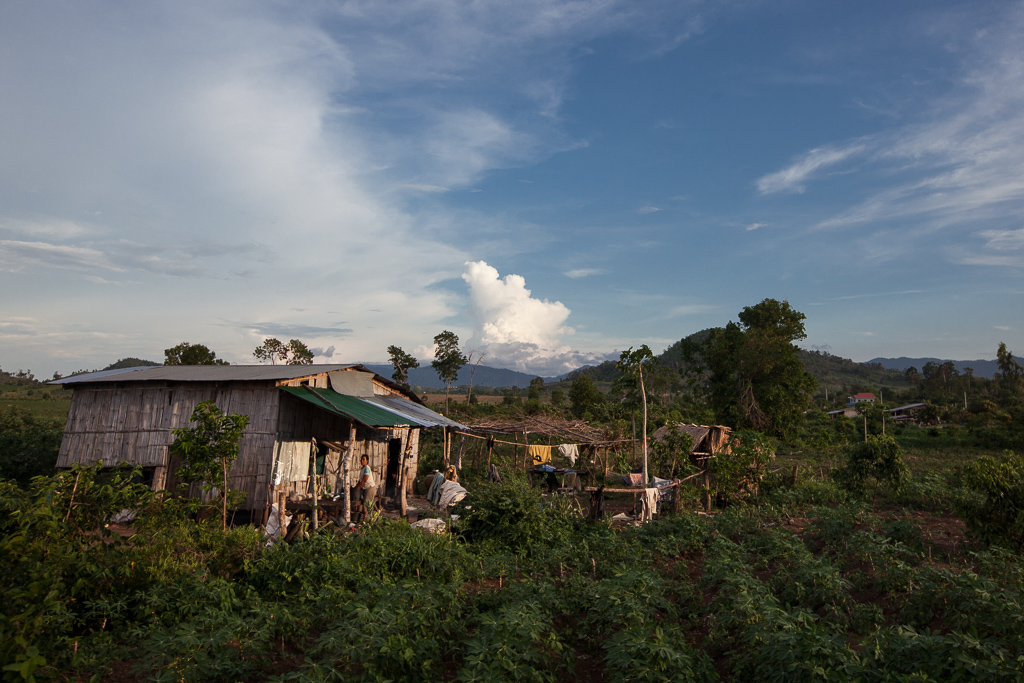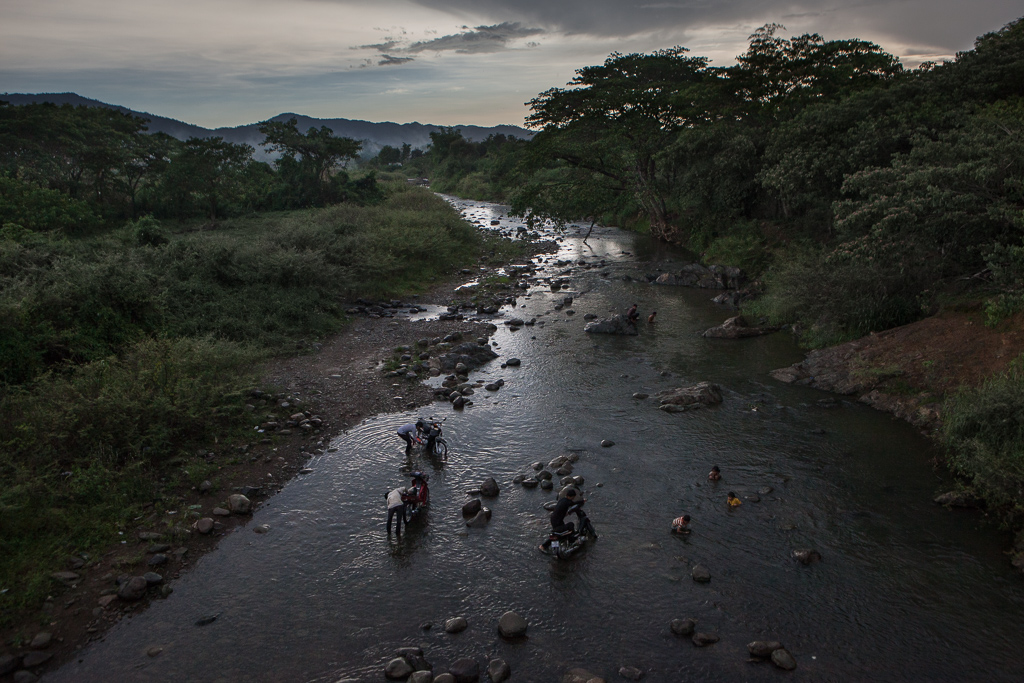
In the Greater Mekong subregion, the people at highest risk for malaria are those who work in the forest fringe where the mosquito vectors thrive—rubber tappers, for instance, or miners, ethnic minorities who live along the messy international borders. Wiping out the malaria parasite in the region means finding and treating every single infected person. But how do you find people who are constantly on the move chasing jobs, in places where there is no health care and where quality malaria drugs are scarce? A new program is bringing rapid malaria diagnosis and treatment to remote rubber plantations—part of an effort to reach the hardest to reach.
The rest of the article is behind a paywall — full text available to subscribers.





